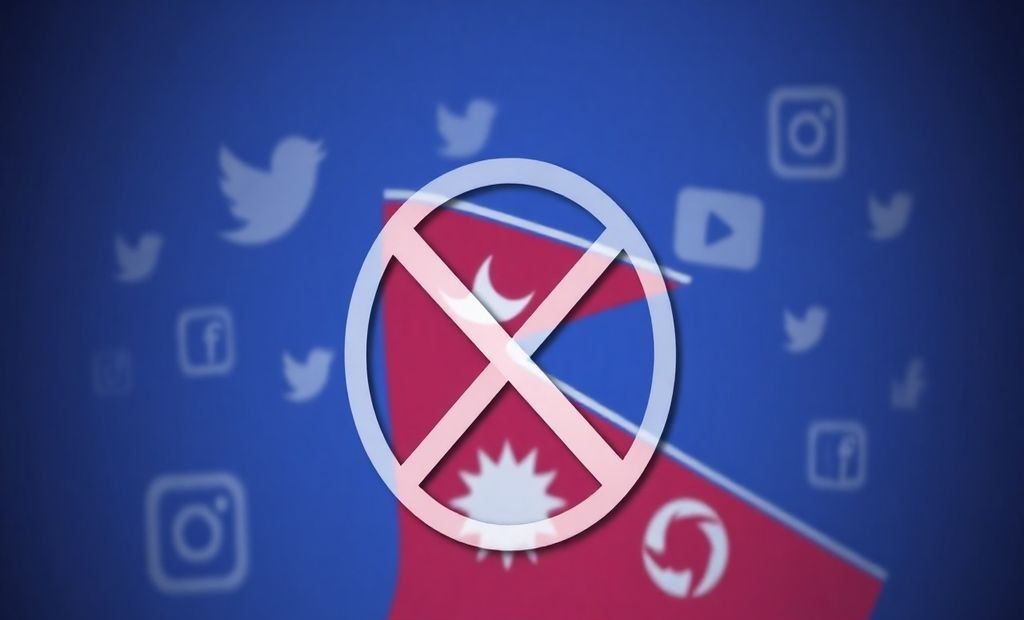Nepal Blocks Social Media Platforms Amid Rule Breach

Nepal Blocks Facebook, Instagram, YouTube, and X Nepal has recently taken action to block access to major social media platforms including Facebook, Instagram, YouTube, and...
⏱️ Estimated reading time: 2 min
Latest News
Nepal Blocks Facebook, Instagram, YouTube, and X
Nepal has recently taken action to block access to major social media platforms including Facebook, Instagram, YouTube, and X (formerly Twitter). This decision stems from the platforms’ failure to comply with the government’s regulations, raising concerns about censorship and freedom of expression.
Reason for the Ban
The Nepal Telecommunications Authority (NTA) issued a directive to internet service providers (ISPs) to block these social media sites after they did not adhere to the government’s requirements. While the specifics of the breached rules haven’t been detailed, it’s generally understood that the government is seeking greater control over content moderation and compliance with local laws.
Government Rationale
Government officials claim that the ban is temporary and aims to ensure that social media companies respect Nepal’s laws and cultural sensitivities. They argue that these platforms must be accountable for the content shared on their sites, particularly concerning misinformation and harmful content. There is an increasing global call for social media accountability, mirroring steps taken by other countries to regulate digital content.
Censorship Concerns
Critics view this ban as a concerning step towards censorship and a restriction on freedom of expression. Blocking access to these platforms impacts the ability of citizens to share information, express opinions, and participate in public discourse. This move has sparked widespread debate about the balance between government regulation and individual liberties.
Impact on Users
The ban significantly affects Nepali citizens who rely on these platforms for communication, information, and business. Many businesses use social media for marketing and customer engagement, and the block disrupts their operations. The disruption highlights the dependency on these platforms and the potential consequences of restricted access.
Related Posts
Bluesky Enhances Moderation for Transparency, Better Tracking
Bluesky Updates Moderation Policies for Enhanced Transparency Bluesky, the decentralized social network aiming to compete...
December 11, 2025

Google Maps: Gemini Tips, EV Charger Predictions & More!
Google Maps Gets Smarter: Gemini Tips & EV Updates Google Maps is enhancing user experience...
December 9, 2025

US, UK, Australia Sanction Russian Web Host
Crackdown on Russian ‘Bulletproof’ Web Host The United States, United Kingdom, and Australia have jointly...
December 6, 2025











Leave a Reply